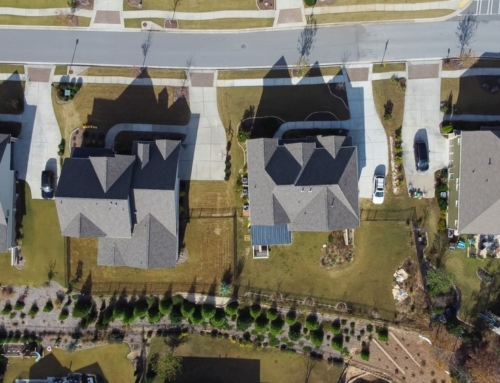For the Hispanic community, trusting a financial institution can be a big leap of faith.
“We have been culturally conditioned into certain belief systems,”says Louis Barajas, author.
When you come from a country that doesn’t have a sound banking system, putting your money in a mattress might seem to make good financial sense.
“Sometimes bad habits are hard to break,” Barajas says.
As the largest minority group in the US, accounting for nearly $600 billion in purchasing power each year, a movement is afoot to raise Hispanic financial literacy.
“Not because we don’t have the money with which to become wealthy, we don’t have the know-how as to how we become wealthy,” says Juan Andrade, US Hispanic Leadership Institute.
One program, Credit Smart Espanol, is teaching Hispanics how to build and manage good credit in both Spanish and English.
“We pride ourselves as Latinos on our cash and carry principals. We will buy it when we have enough money to do so. So it doesn’t build credit. There is no record of your purchase,” Andrade says.
Getting Hispanics into relationships with banks and financial institutions isn’t easy.
“We are a largely unbanked community,” Andrade says.
“We see Latinos going and cashing their checks at check-cashing places and paying a specific percentage of their money whereas if they walked into the bank there would be no fee whatsoever,” Barajas says.
Changing the way Hispanics think about and treat their money is the focus of Barajas’ book, “The Latino Journey to Financial Greatness.”
“We have to work with the people first on the inside. We have to change their mind set, their belief systems, why they’re doing what they’re doing,” Barajas says.
“The first generation is oftentimes set in their ways. The second generation is a little better. The third generation really begins to make sense. But they have new problems. They’re the ones going to school, finishing school and getting inundated with four or five credit cards,” Andrade says.
“In the United States, having money yields power and once we have economic clout, we’re going to move it to the next level,” Barajas says.






Leave A Comment